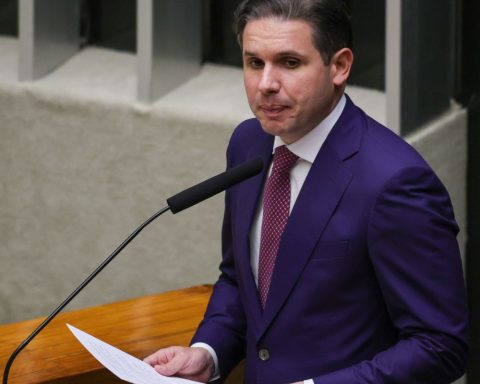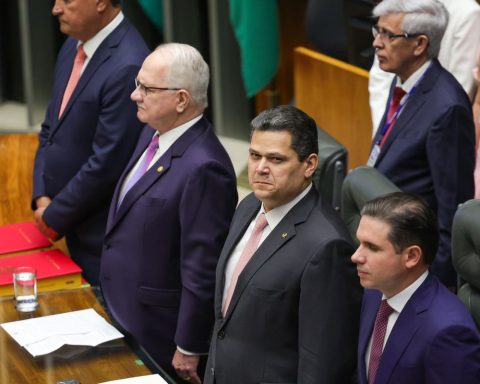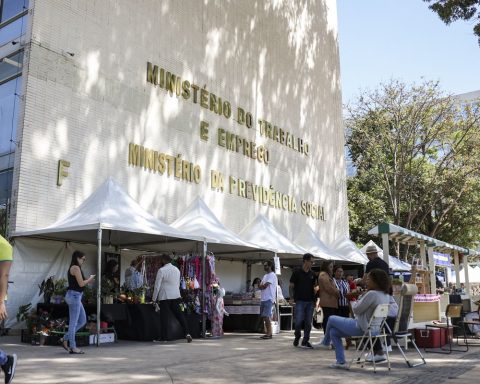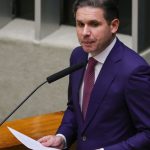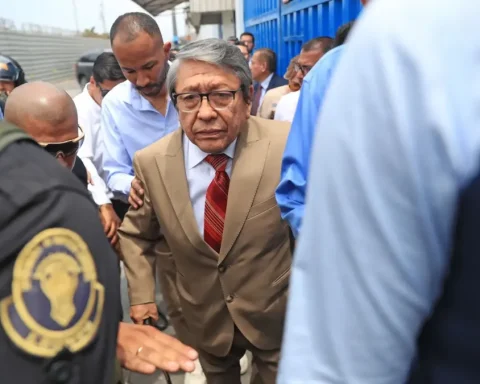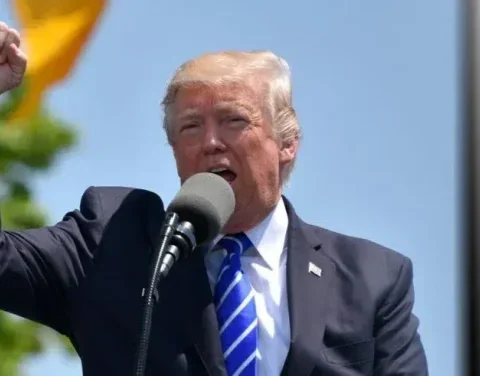In one of the most attended transfer ceremonies in recent years, the federal deputy elected by São Paulo Marina Silva took over, this Wednesday (4), the Ministry of the Environment, almost 15 years after having left the command of the portfolio in the second term of president Luiz Inácio Lula da Silva, in 2008. The ceremony was accompanied by hundreds of people who crowded into the Main Hall of the Planalto Palace. Many were unable to enter due to the space being overcrowded. 
Internationally recognized for her work in defense of sustainability, Marina Silva said, in a speech that lasted about an hour, that Brazil has become an environmental pariah and that, in recent years, there has been an emptying of structures to combat deforestation and policies of climate change.
One of the novelties announced by the minister is the creation of the National Authority for Climate Security, an autarchy that will be linked to the portfolio, which will now be called the Ministry of the Environment and Climate Change, keeping the acronym MMA. The creation of the National Authority for Climate Security was a proposal brought by Marina during the elections and welcomed by the then candidate Lula. According to the minister, the project should be constituted by the end of March. There will also be an exclusive government council to deal with the issue, under the command of the President of the Republic.
“By March of this year, the creation of the National Authority for Climate Security will be formalized, within the scope of the Ministry of the Environment, in addition to the creation of a council on climate change, to be headed by the President of the Republic himself, and with the participation of all the ministries that are now on this Esplanade, civil society, states and municipalities. locus [lugar] center of consultation and agreement on Brazilian policies on climate change and goes beyond the federal sphere,” he said.
“The climate emergency imposes itself. We want to highlight what is the greatest global challenge currently facing humanity. Countries, people and ecosystems are showing themselves less and less capable of dealing with the consequences. It has been proven that the poorest are the most affected”, argued the minister. Immediately, in the new ministerial structure established by decree this week, the National Secretariat for Climate Change was recreated, which includes a department for ocean policy and coastal management.
Regarding the National Authority, which will deal with climate emergencies, Marina Silva explained that it will have the purpose of producing subsidies for the execution and implementation of the national climate policy, regulating and monitoring the implementation of actions related to policies and sectoral targets for mitigation, adaptation, promoting resilience to climate change, and supervising instruments, programs and actions for the implementation of the national policy on climate change and its sectoral plans. “The government’s decision is that the design of this autarchy be submitted to the National Congress by the end of April,” she announced.
Marina Silva opened her speech by criticizing the disorganization suffered by MMA in recent years, when it lost functions to other portfolios. “What we found was a profound process of emptying and weakening of environmental bodies. The MMA lost the Brazilian Forestry Service and the National Water Agency. traditions, were also displaced from MMA.” On the occasion, Marina also thanked and honored public servants and parliamentarians who acted in the resistance against the dismantling of the environmental agenda.
Departments were also created in the portfolio aimed at implementing the national policy on water resources and the protection and defense of animal rights. “President Lula’s government, with the decree of the new structure of the MMA, puts an end to the usurpation of these functions that had the objective, tell the truth, to weaken the public management in the environmental area”, he affirmed.
The Brazilian Institute for the Environment and Renewable Natural Resources (Ibama), the Chico Mendes Institute for Biodiversity (ICMBio), the Rio de Janeiro Botanical Garden, the Brazilian Forestry Service, the National Water Agency (ANA) and , in the future, the National Authority for Climate Security.
Another novelty is the creation of the Extraordinary Secretariat for the Control of Deforestation and Territorial and Land Management. On several occasions, Marina Silva spoke of the need for an environmental policy to be carried out in a transversal way between the different portfolios. She promised to resume holding the National Conference on the Environment and also the Children’s and Youth Conference on the Environment. “I want to resume our commitment and recognition of social participation as a strategic element of the Brazilian State’s performance in its relationship with society”.
“We’re not going to become low-carbon agriculture overnight. It’s not magic. We’re not going to make the energy transition overnight. It’s not magic. We’re not going to achieve sustainable grassroots reindustrialization overnight. No It’s magic, but we’re going to put the pillars together, working together, united, all of us.”
Marina also defended the need for international partnerships and for Brazil to be included in the multilateral agenda, so that the country is no longer seen as an “environmental pariah” and becomes a strategic partner in the production of sustainable goods.


